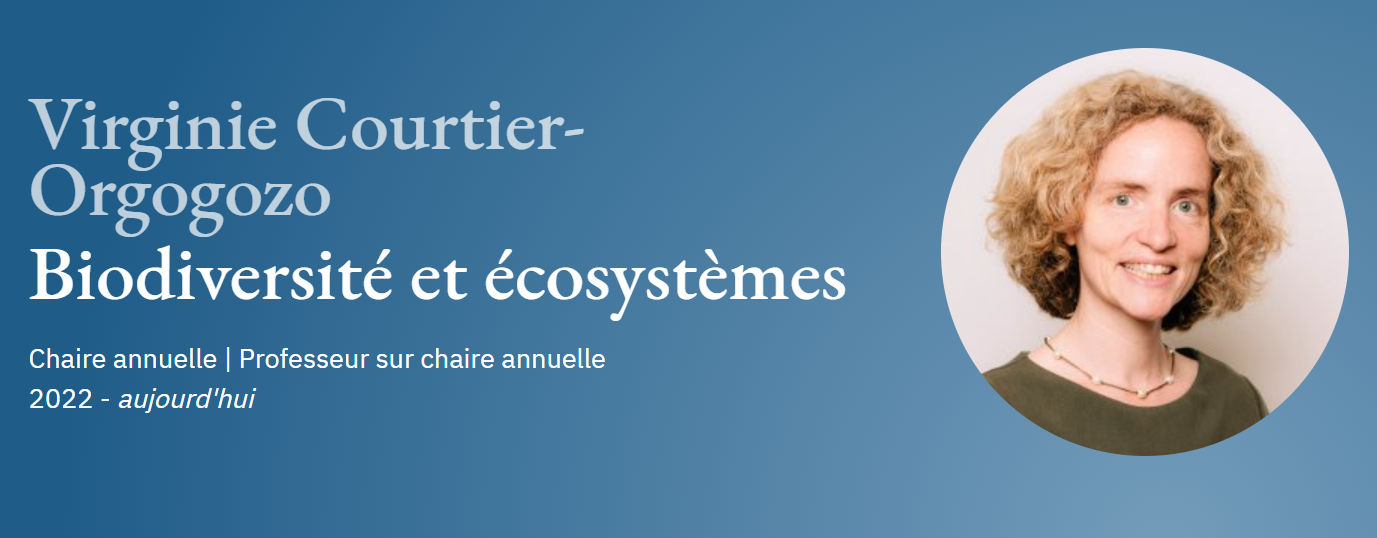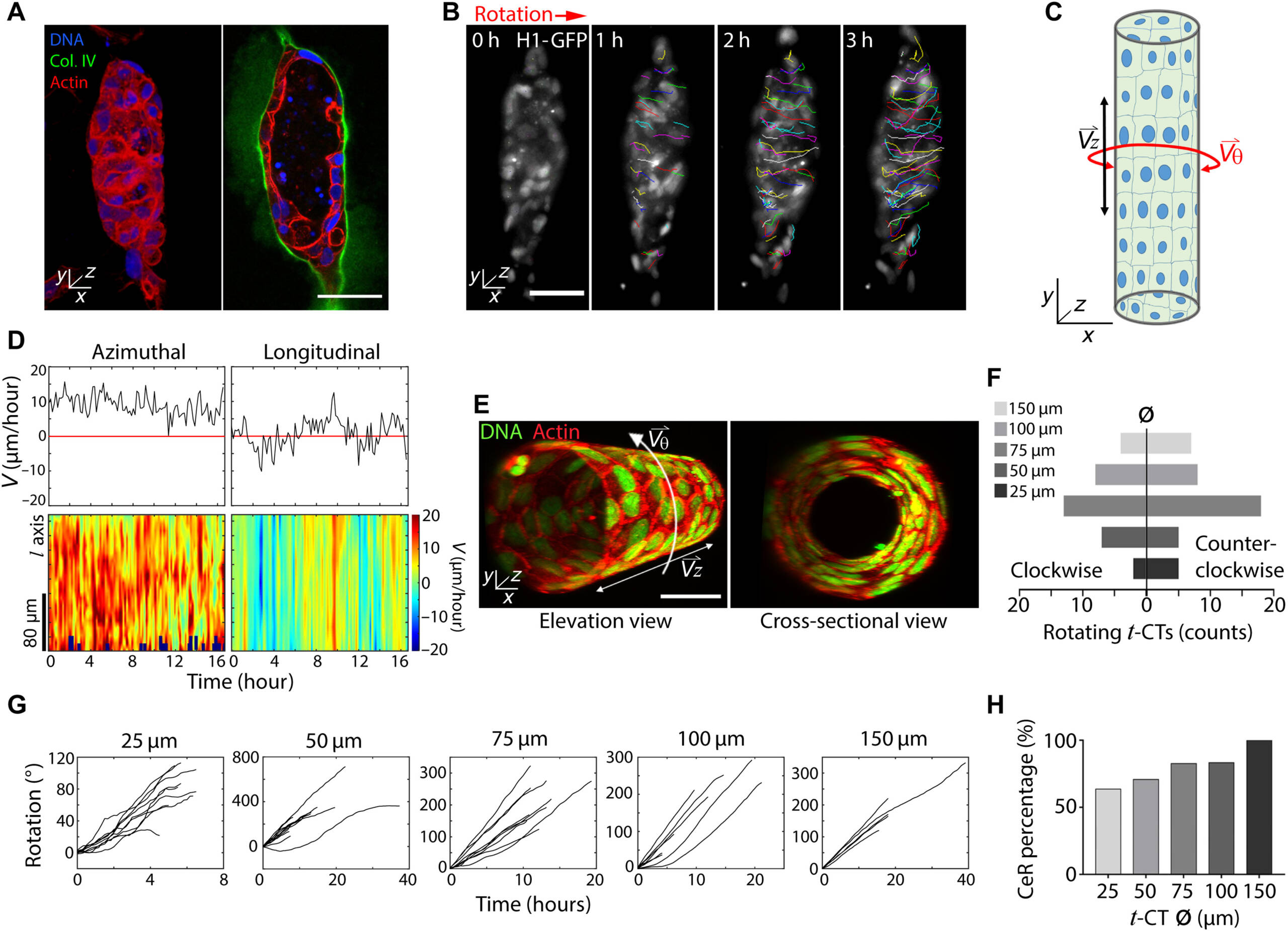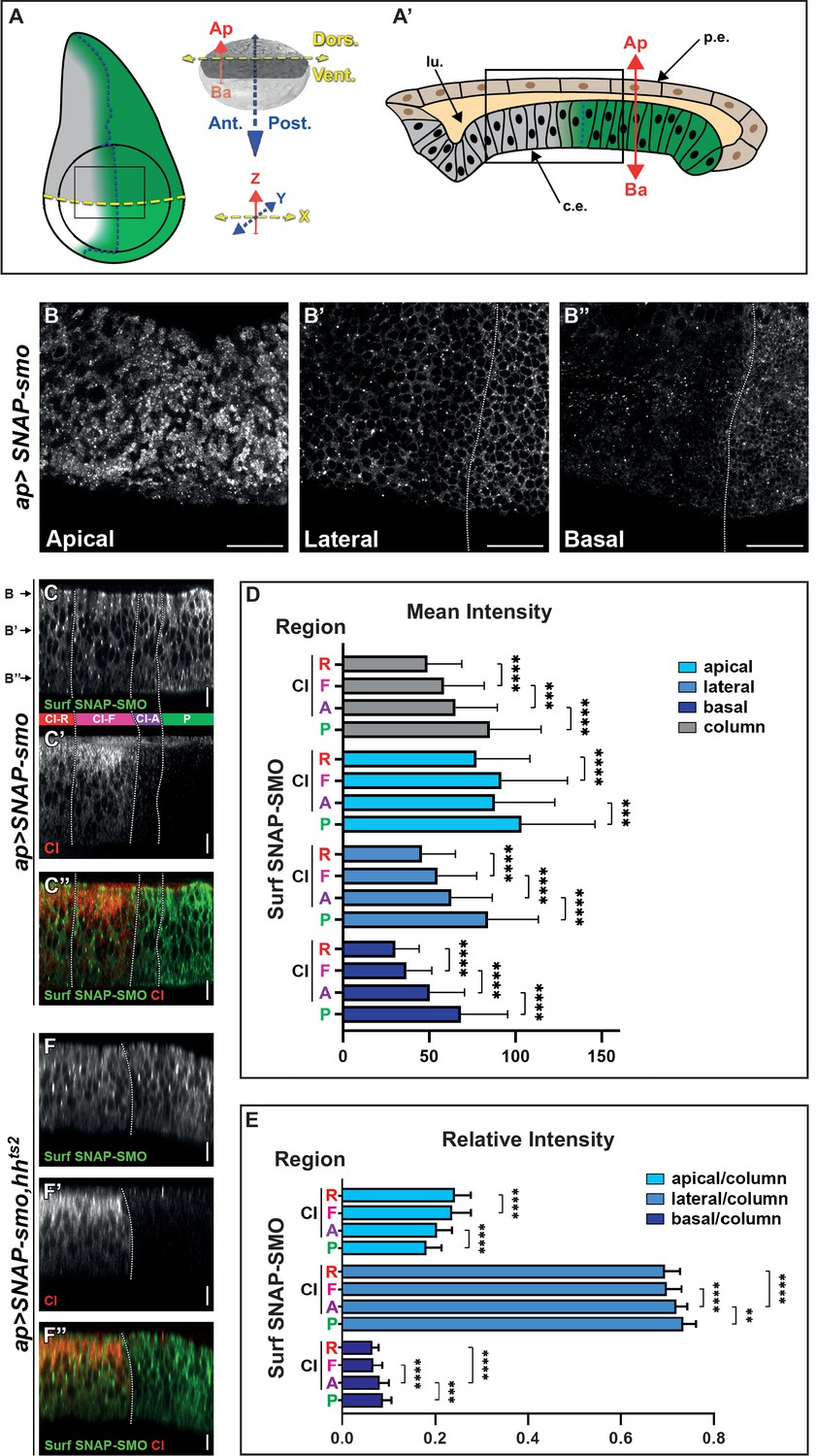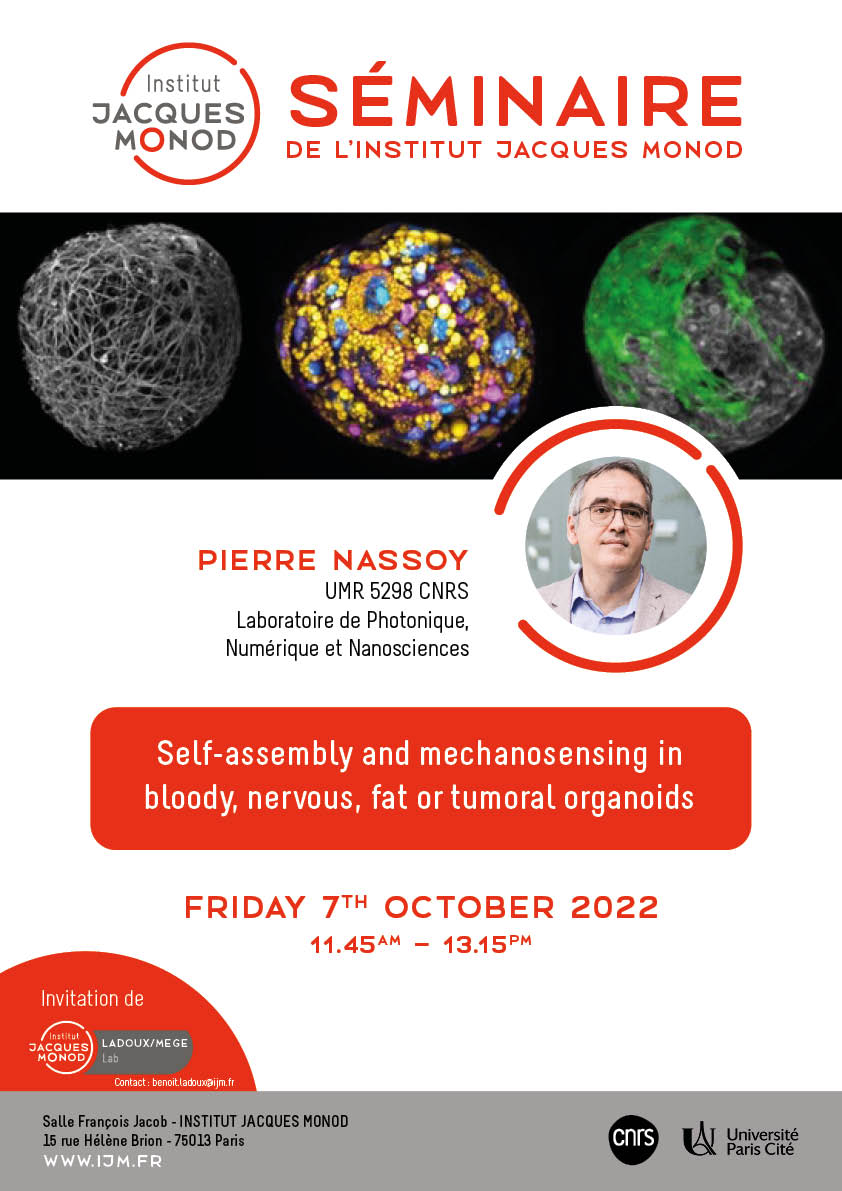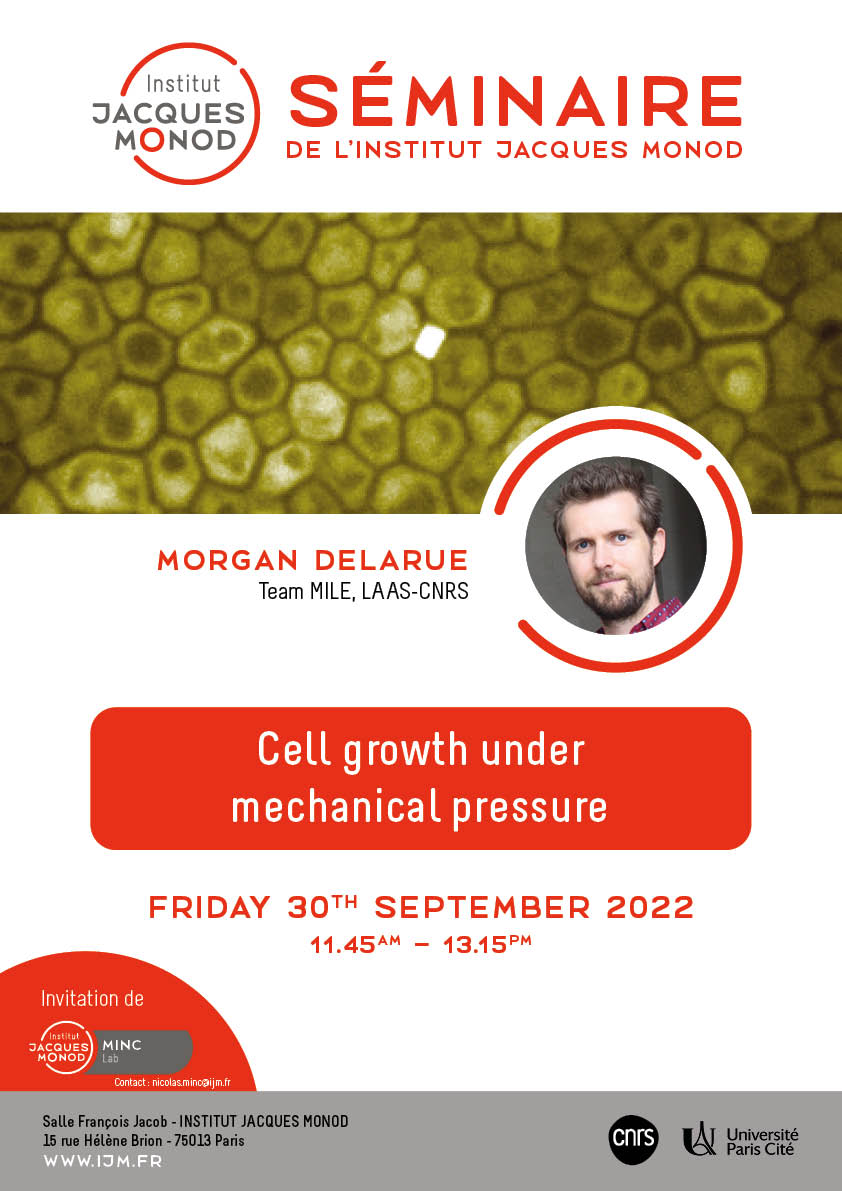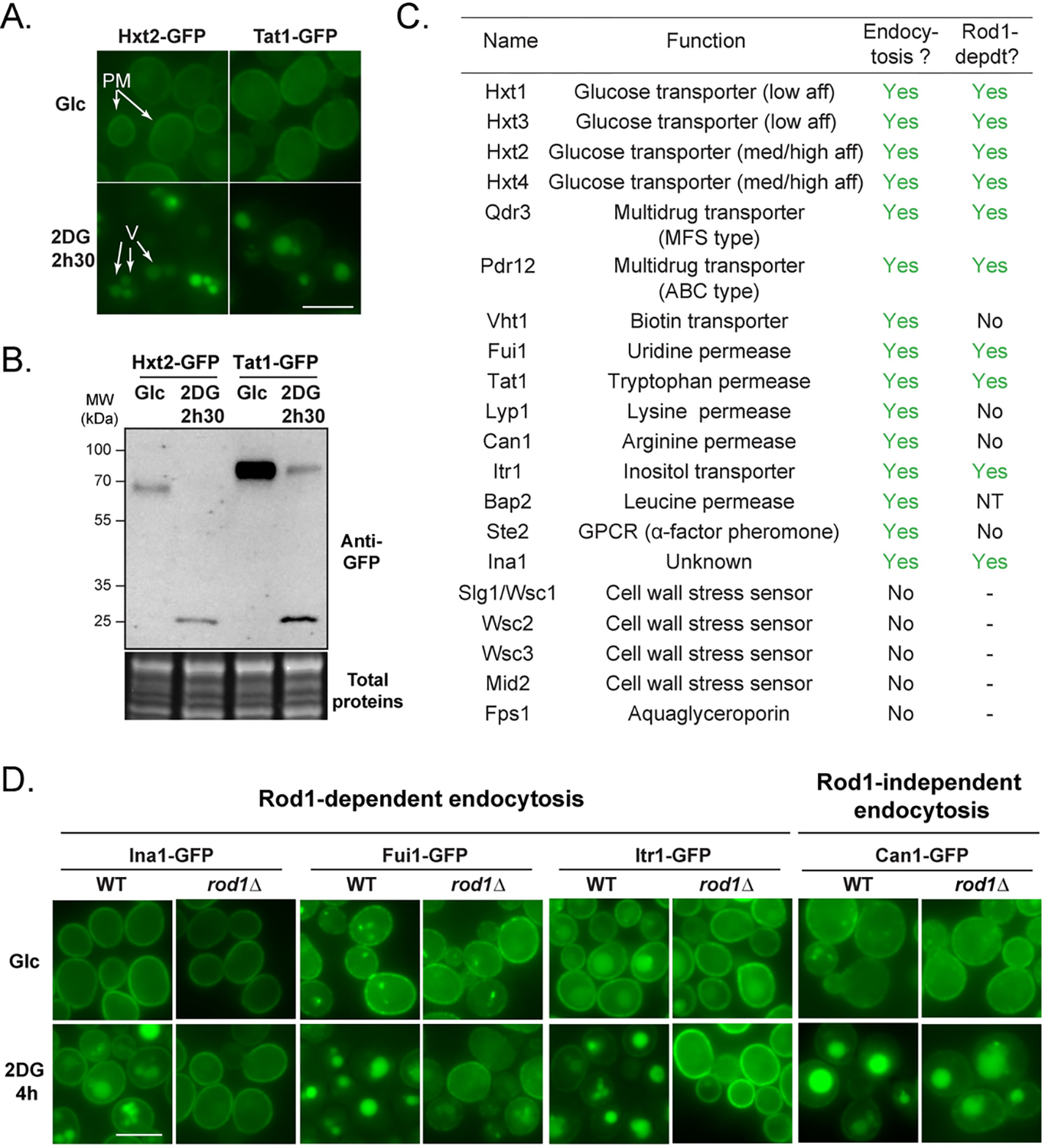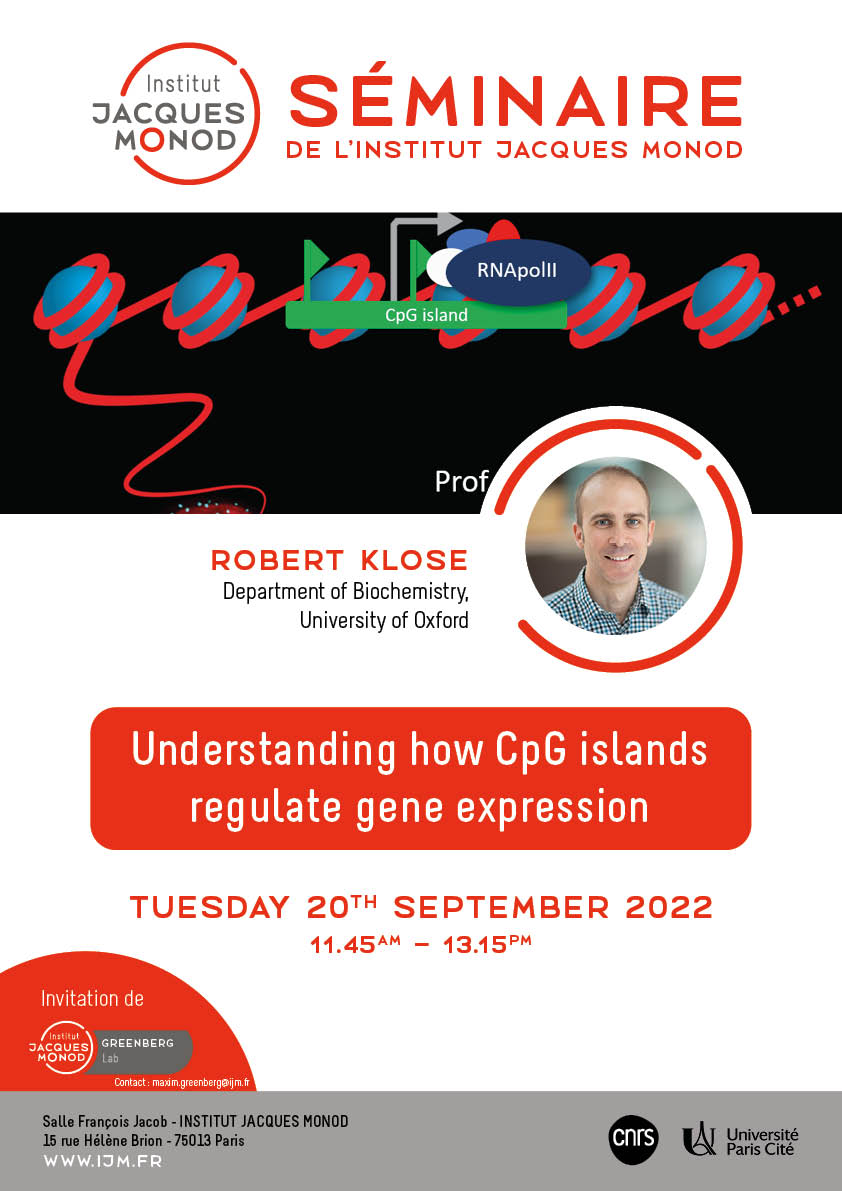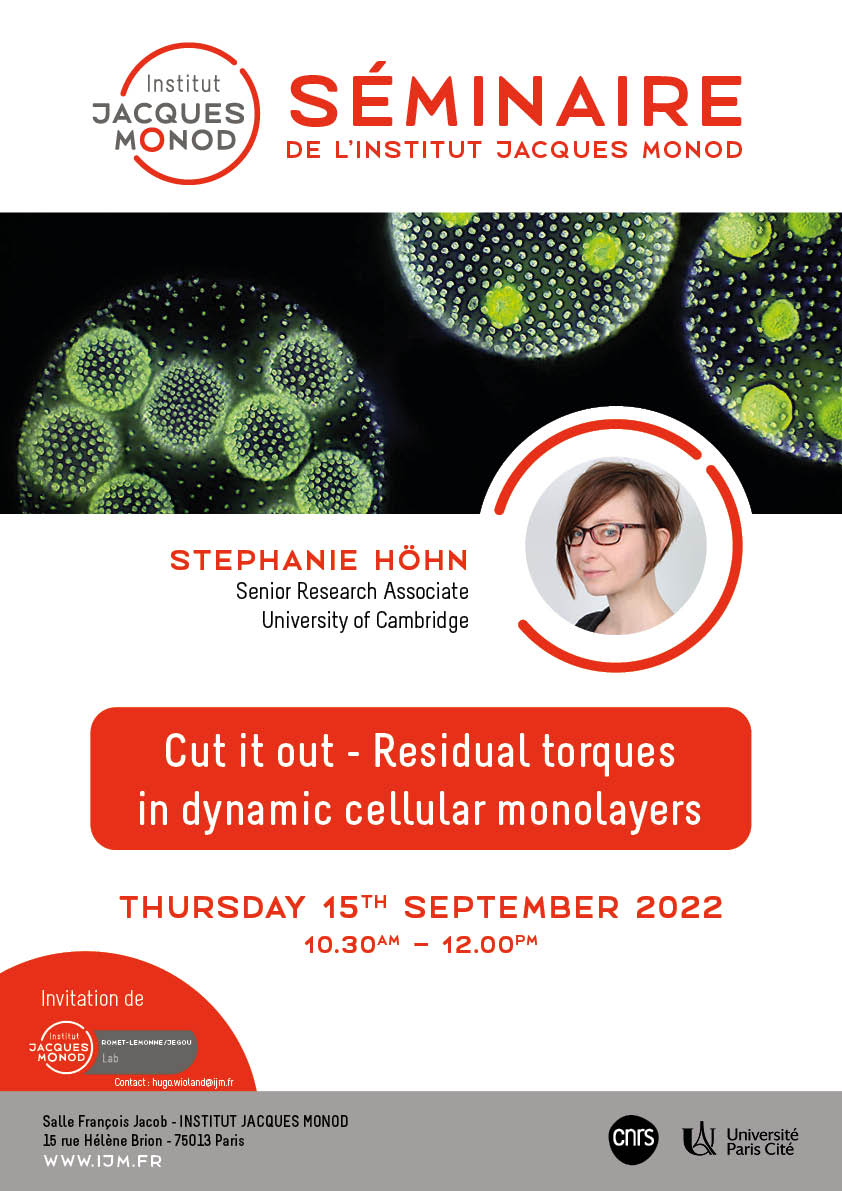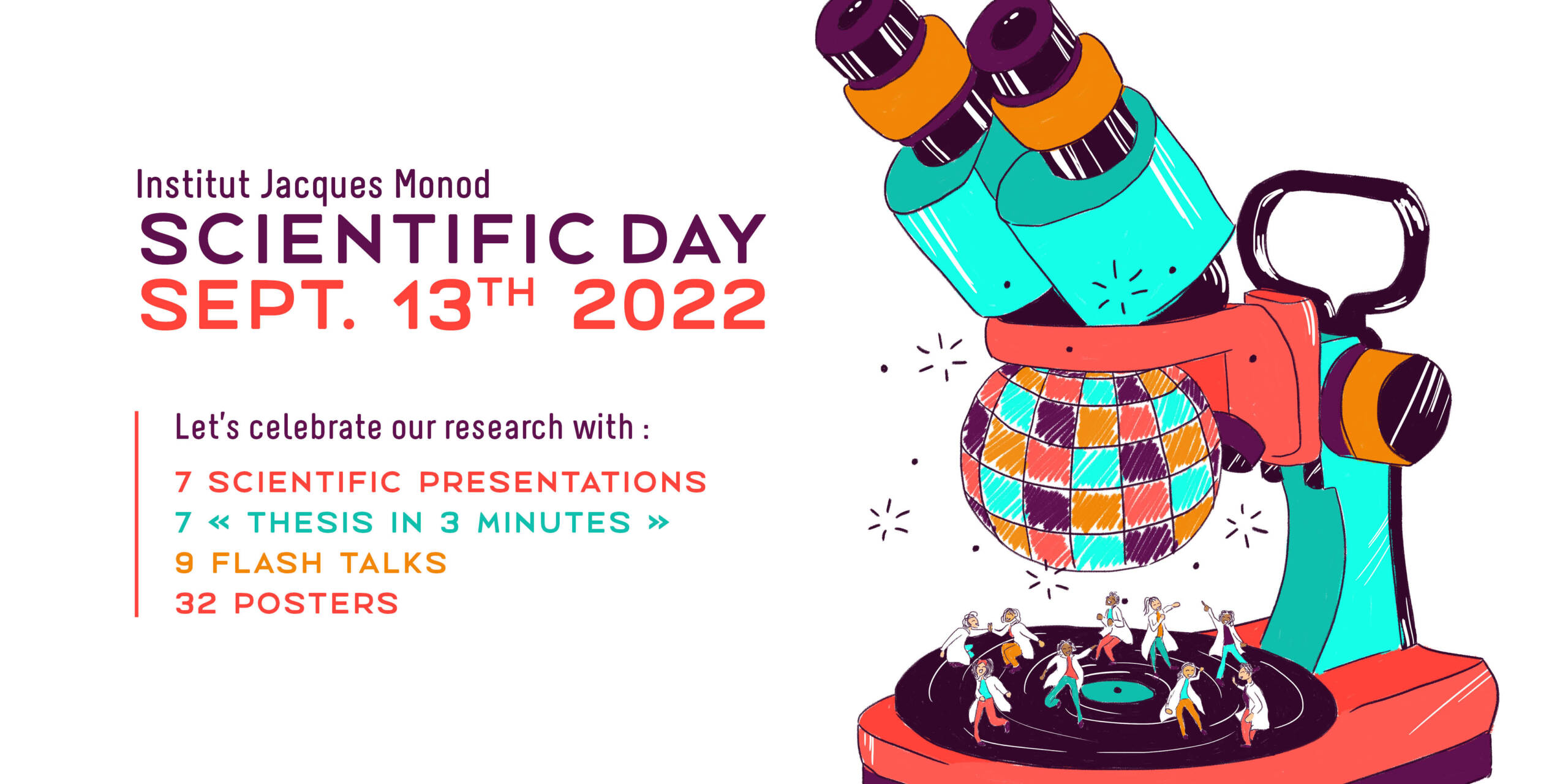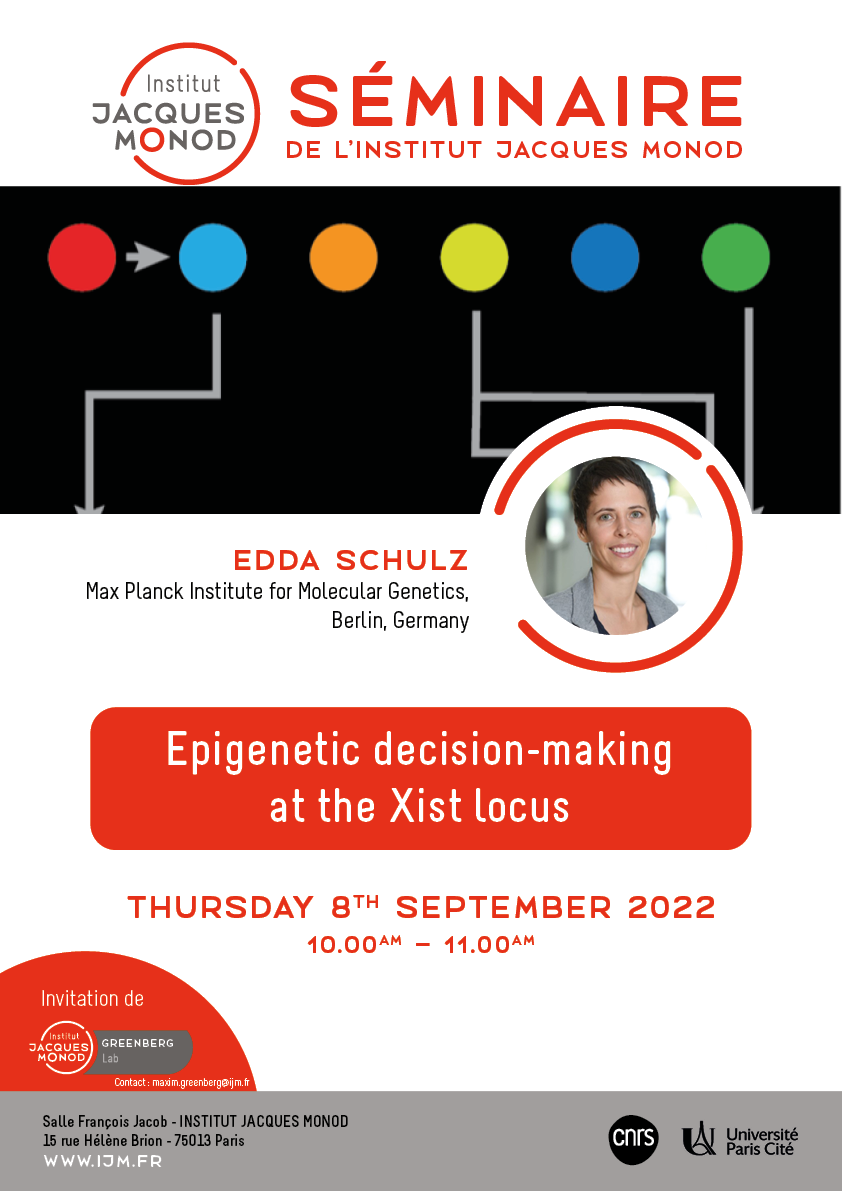Virginie Courtier a été nommée à la Chaire Annuelle Biodiversité et Écosystèmes du Collège de France. Cette nomination est la reconnaissance de la grande qualité de ses travaux.
Elle donnera sa Leçon inaugurale « Penser le vivant autrement » le 9 février 2023 à 18h00.
Directrice de recherche au CNRS, Virginie Courtier et son équipe à l’Institut Jacques Monod…
